

Click on a button to jump to our webinars, courses, books or blog posts on Screens
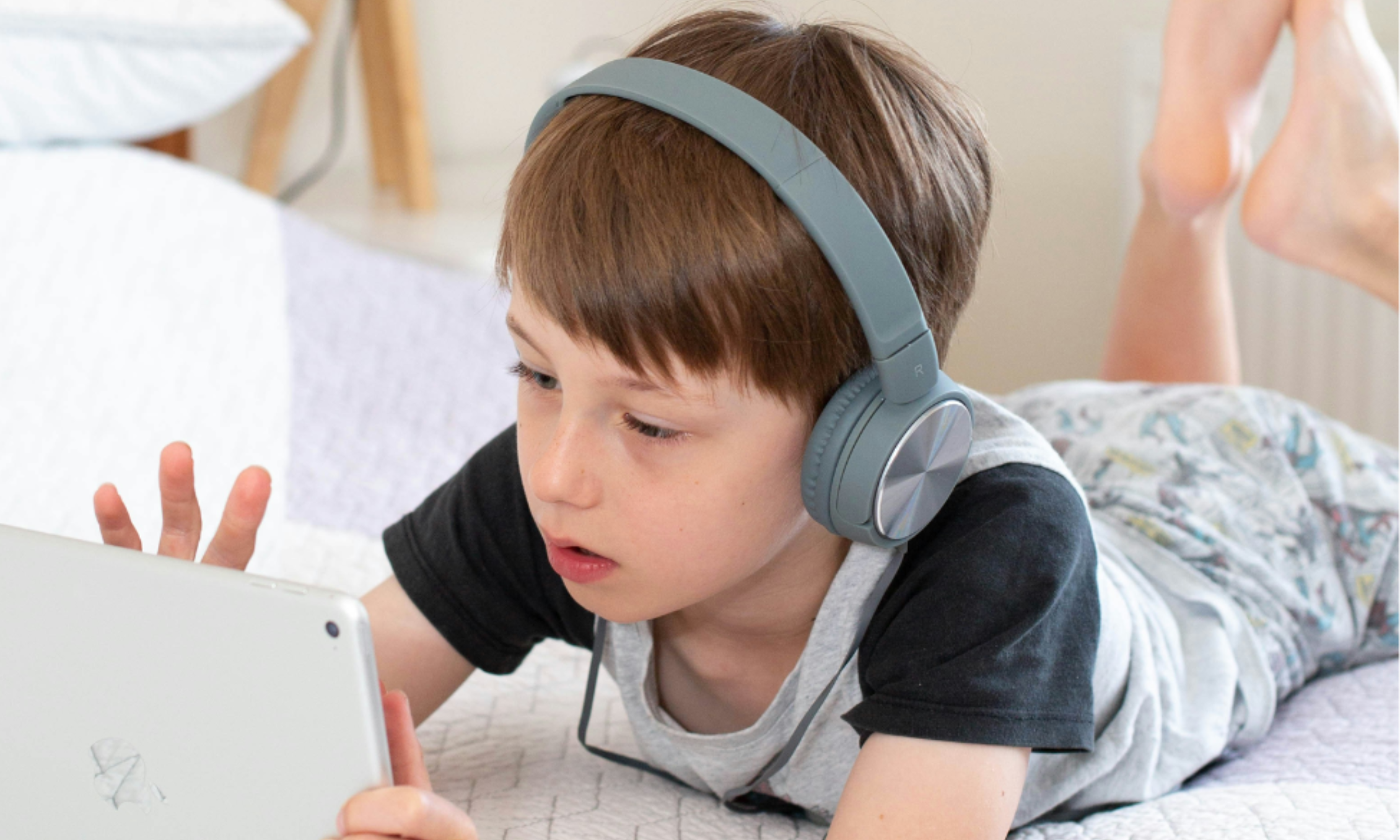
Most parents worry about screens. How much is too much, and when should they get their child a smartphone? Might the blue light be disrupting their sleep, and how do you know if they are addicted? Many autistic children, in particular, are highly attached to their screens, and parents say that they worry about what to do.
There is a lot of fear around screens and what our children do on them. But what if the very concept of ‘screens’ is stopping us from thinking clearly?
For a screen is just a sheet of glass. That can’t be harmful in itself. It’s what’s happening behind the screen which matters. ‘Screen time’ can include socialising, research, reading, playing, creating and much more.
Our children do more via a screen than ever before, and when we put all of that together as ‘screen time’ it stops us looking more deeply. In order to help our children develop a healthy relationship with screens, we need to look beyond the sheet of glass and ask what is really going on.

Dr Naomi Fisher, clinical psychologist, will explain how can parents help children to develop a healthy relationship with technology
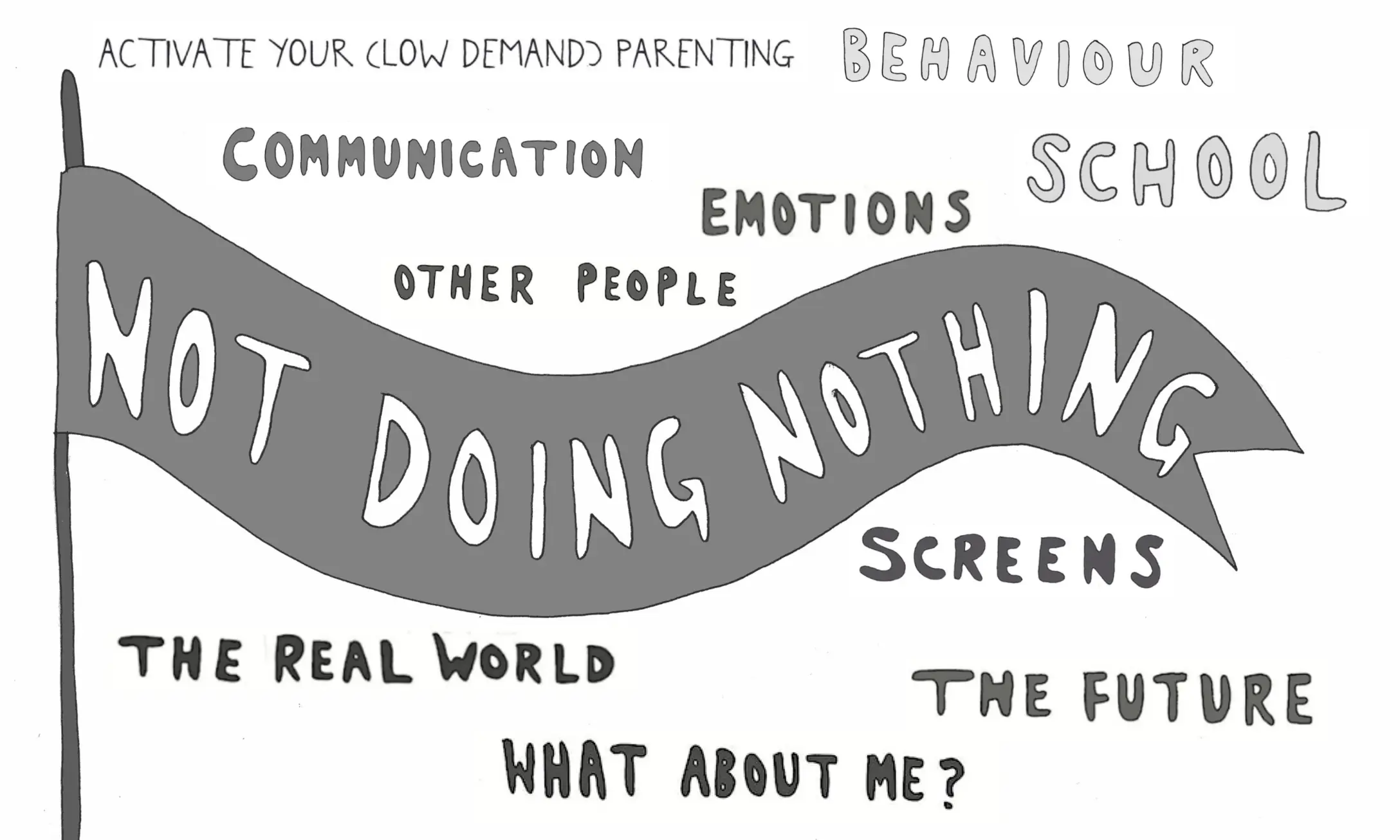
This bundle gives you all 10 webinar recordings from Activate Your Parenting through to What About Me? They are updated when new low demand parenting webinars are hosted. Recordings are available to watch for 12 months after purchase.
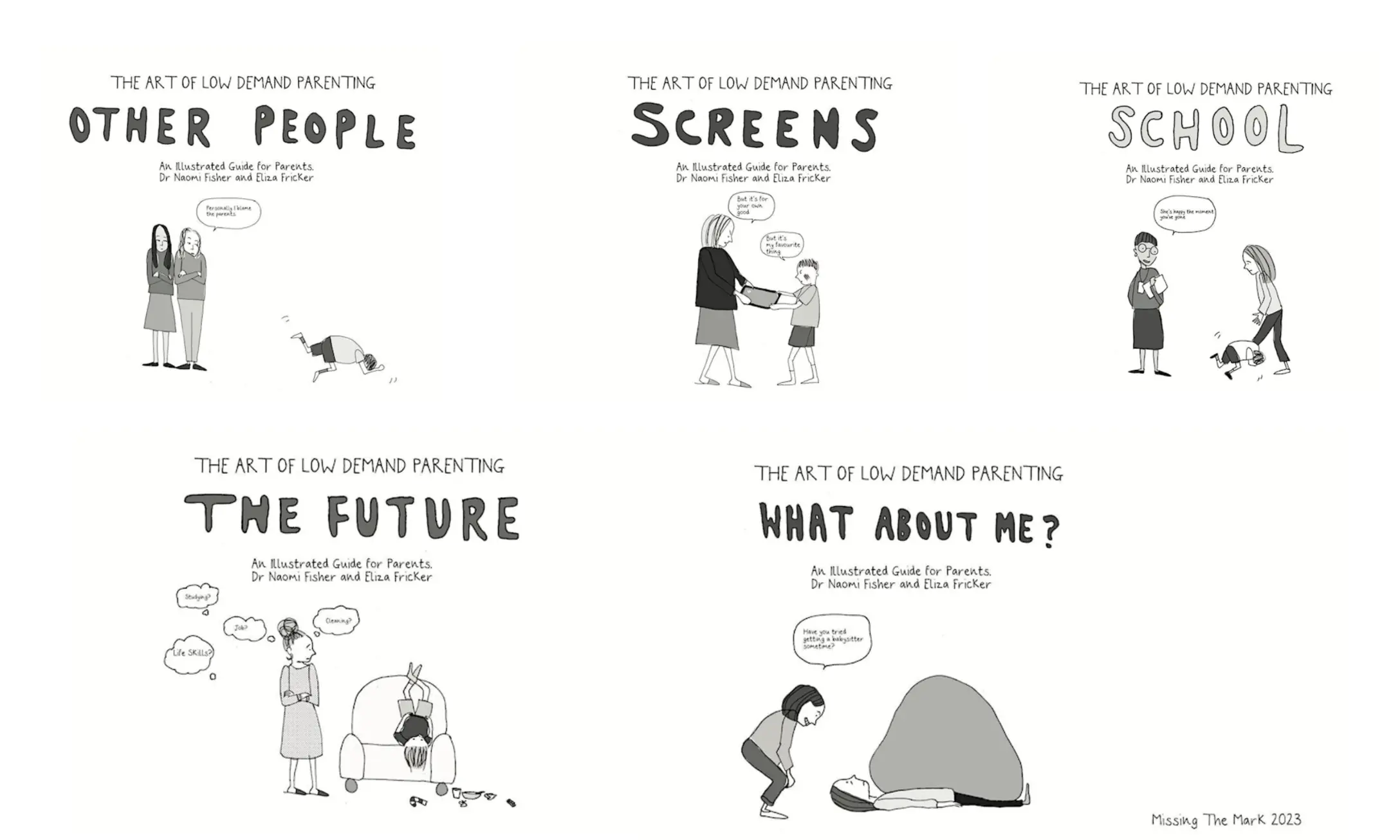
This bundle gives you the second 5 webinar recordings in the Low Demand Parenting series. It contains: 6. Other People 7. Screens 8. School 9. The Future 10. What About Me? They are updated when new low demand parenting webinars are hosted. Recordings are available to watch for 12 months after purchase.
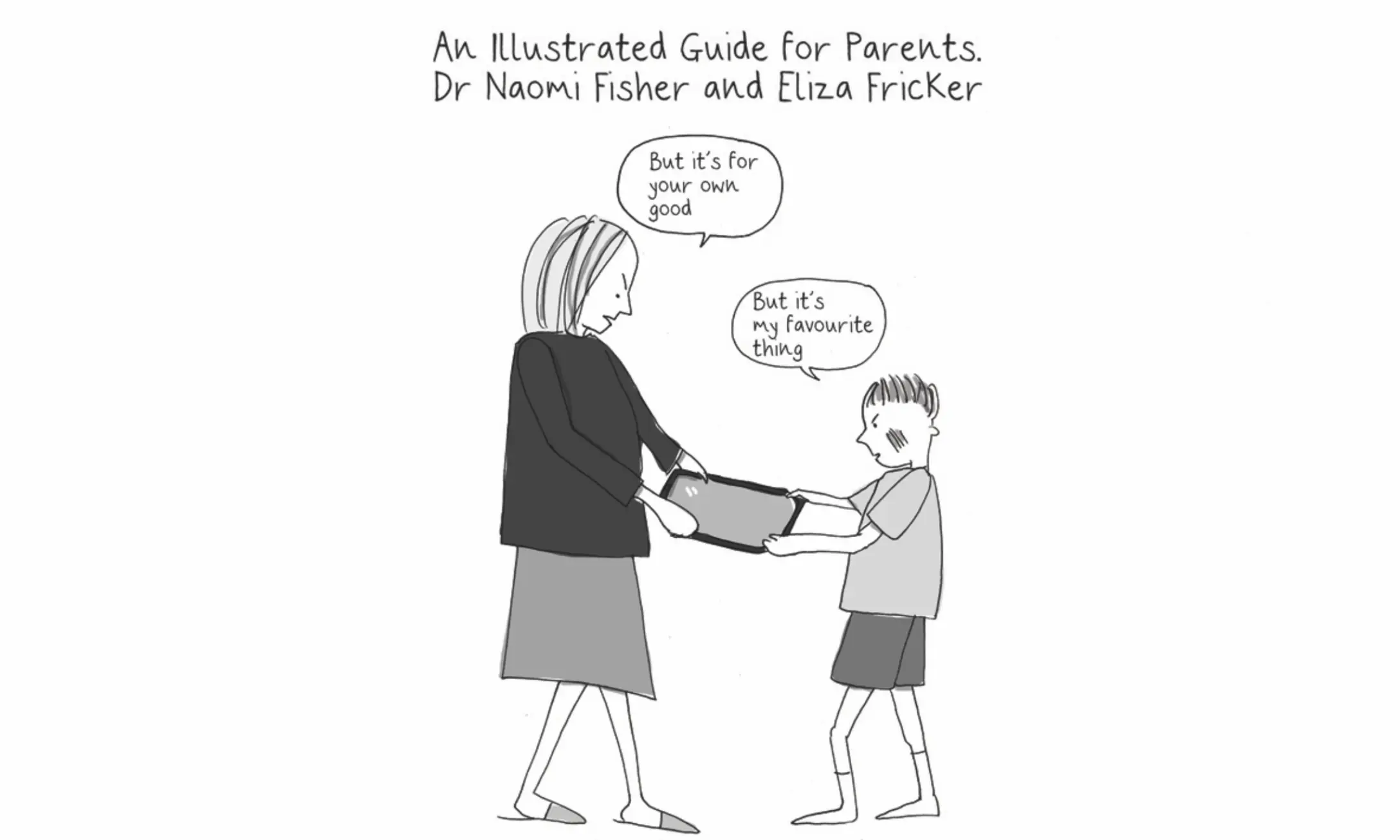
Updated for 2024! How do you manage screen time, when your child doesn't play by the parenting rules?
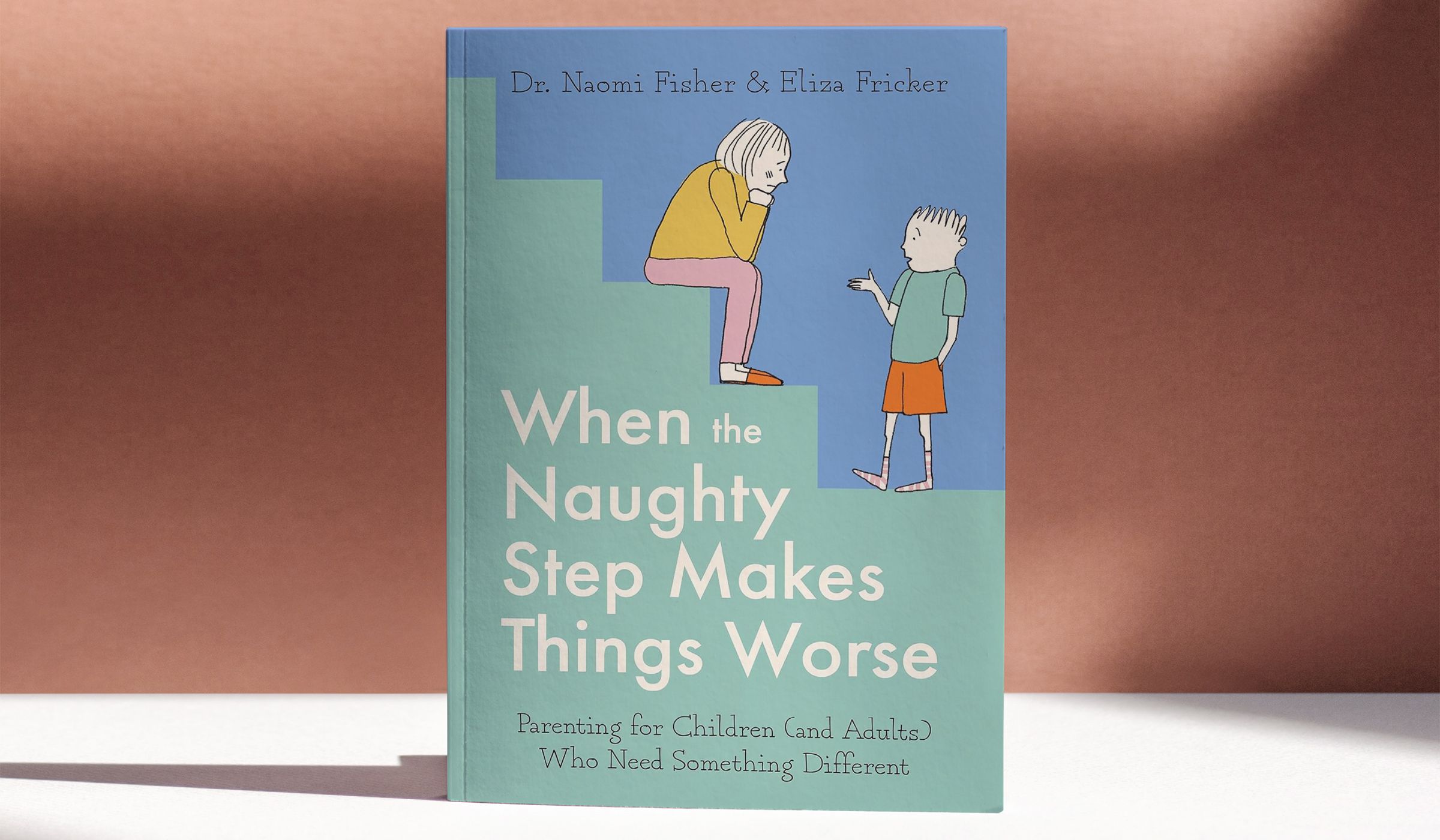
A down-to-earth illustrated guide for parents of children who just haven't read the parenting books.
Some children just haven't read the parenting books. The harder you try, the worse it gets. There's a hidden contract at the heart of parenting. It's the idea that if parents just get it right, their children can be made to do what they want. Manuals explain how to make it very clear to your children what you want them to do - and how to respond when they don't cooperate.

Last week my Facebook page was hacked. In a few moments I was kicked off my page altogether, the verification details were changed and I wasn’t sure if I’d be able to get it back at all.

Sarah was despondent. “I don’t know what to do” she said. “Lucas is eight, but he behaves like a toddler. The harder I try to set boundaries, the more he refuses to do what I ask. We’ve tried the Naughty Step, Time Out, sticker charts, taking away his screen time… none of it helps.”